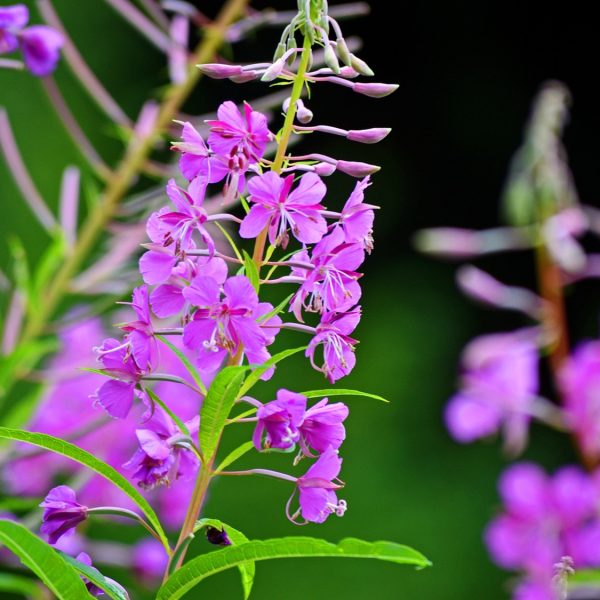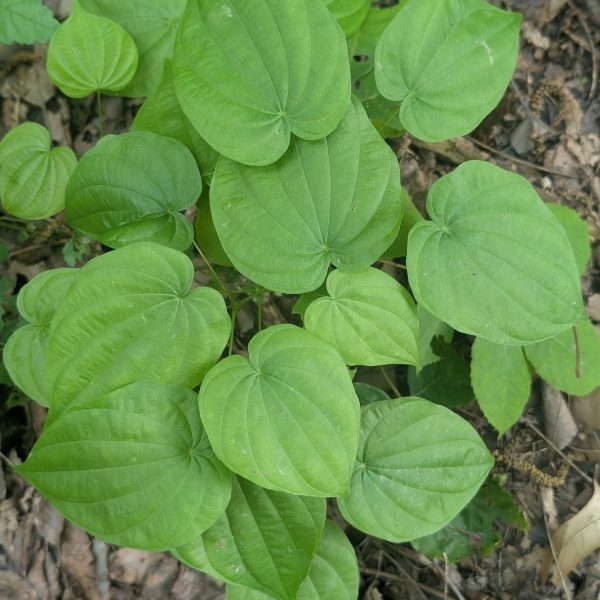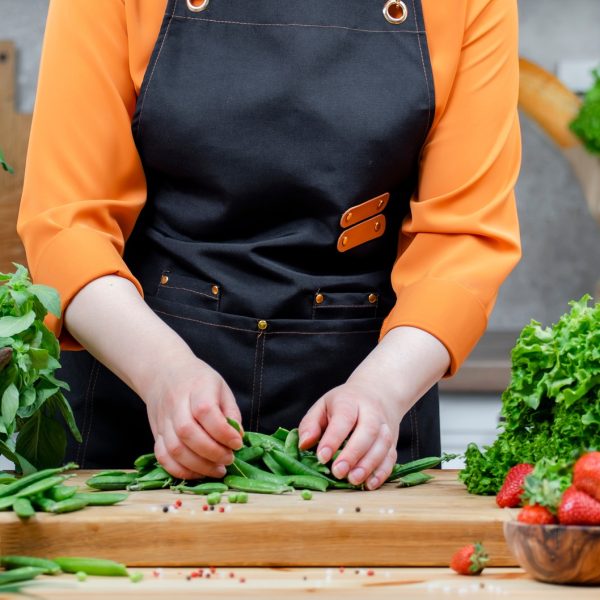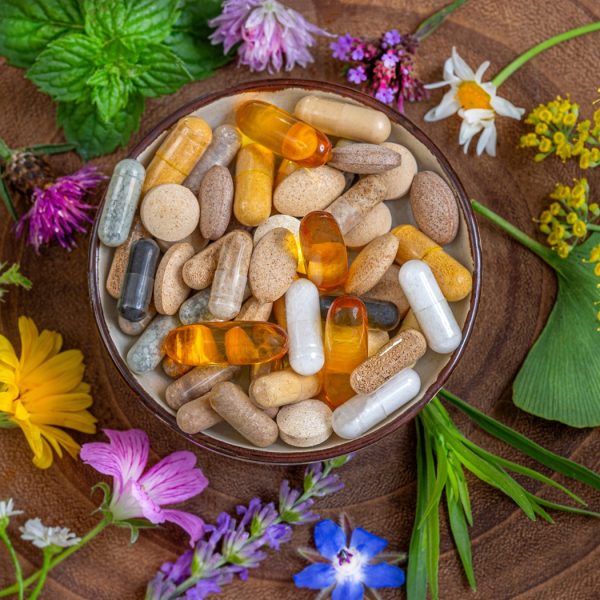What is a decoction and what does it benefit?

A simple definition of decoctions would be a simmered herbal tea which creates a stronger flavour and a more concentrated liquid. They are liquid preparations made by boiling either fresh or dehydrated herbs with water to extract all the beneficial water-soluble chemicals such as mucilage, pectins, saponins, flavonoids, and polysaccharides along with some essential oils and colourful pigments.
Decoctions tend to be better for hard and woody botanicals like roots, barks, seeds or resins that cannot be infused as easily by simply steeping in hot water or for herbs that will not yield their active compounds at lower temperatures.
Examples of herbs to use for decoctions
Some common herbs used in decoctions include:

- Astragalus
- Ashwagandha
- Black cohosh
- Burdock
- Cinnamon
- Cramp bark
- Dandelion
- Echinacea
- Elderberry
- Ginger
- Ginseng
- Hawthorn
- Liquorice
- Marshmallow
- Milk thistle
- Reishi
- Turmeric
- Slippery elm
- Agnus castus
Making your own decoction

- Level of difficulty: Easy
- Time to make: 1 hour
Ingredients and equipment
- 15g or approximately 3 tablespoons of your herb of choice
- 250ml water
- Small saucepan
- Glass jar for storage
Method
- Grind or crush your herbs
- Place your herbs into a small saucepan
- Cover the herbs with cold water
- Put a lid on the pan and simmer for 20 to 45 minutes
- Remove from the heat and let your decoction cool to drinking temperature
- Strain the herbs
- Drink 3 to 5 cups daily
- Refrigerate leftovers in a sealed jar and use within 72 hours
Decoction tips
- Start your decoction with cold water rather than placing the herbs directly in boiling water.
- Using quality water is a bonus, such as spring or filtered water.
- Decoctions can become the base for a herbal syrup, to add in creams or in decocted tinctures.
What is the difference between an infusion and a decoction?
The difference between an infusion (i.e. a herbal tea) and a decoction is simple: infusions are steeped and decoctions are simmered. Decoctions are used for harder plant parts, such as roots, barks, resins, as it takes more heat to extract the nutrients. Whereas an infusion is more often made with softer parts of the plant like leaves, stems and flowers. If barks and roots are used in herbal tea, they need to be very finely ground.
Bibliography
- Chown V, Walker K. The Handmade Apothecary: Healing Herbal Remedies. New York: Sterling Ethos; 2018.
- Green J, Green A. The Herbal Medicine-Makers’ Handbook: A Home Manual. Berkeley: Crossing Press; 2002.
- Heron B. How To Make Articles. Earthsong Seeds. https://earthsongseeds.co.uk/blog/. Accessed April 4, 2023.































